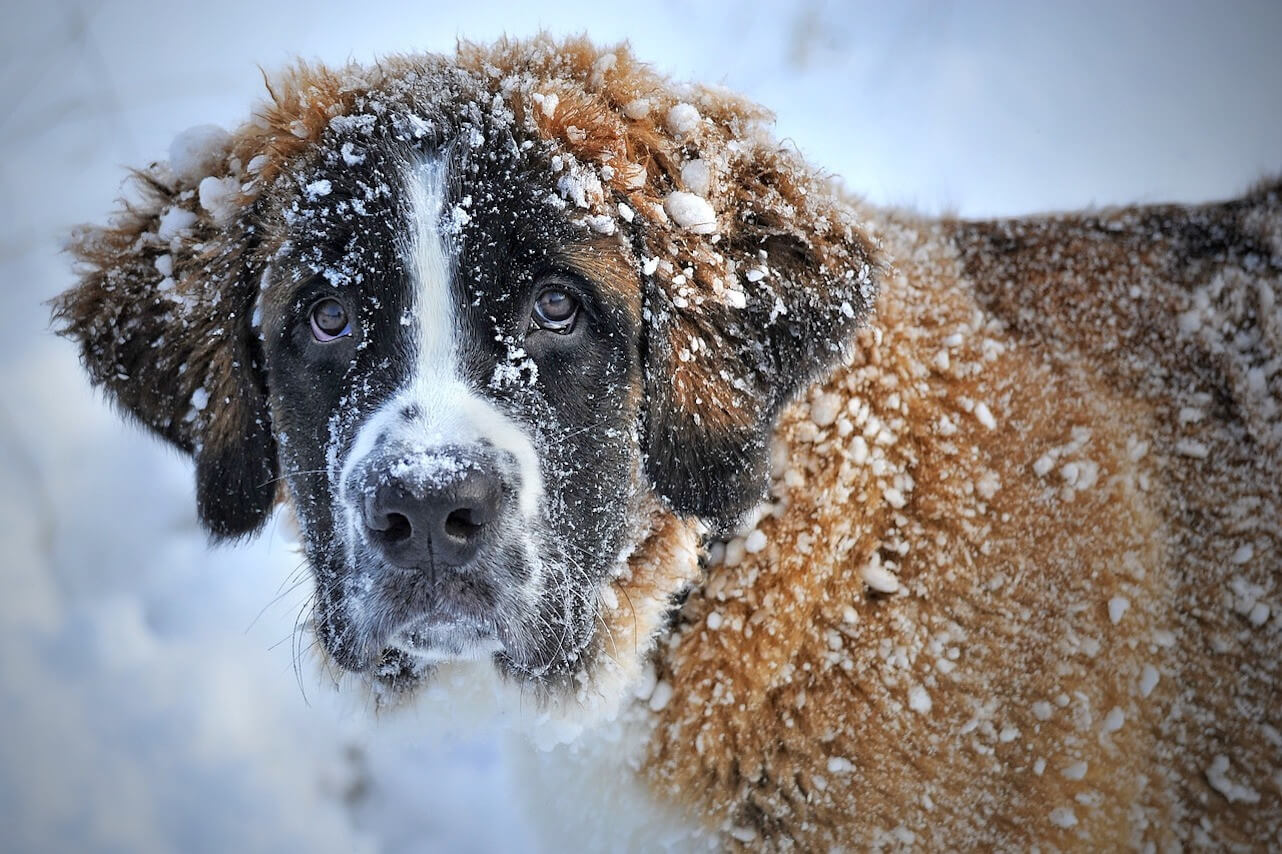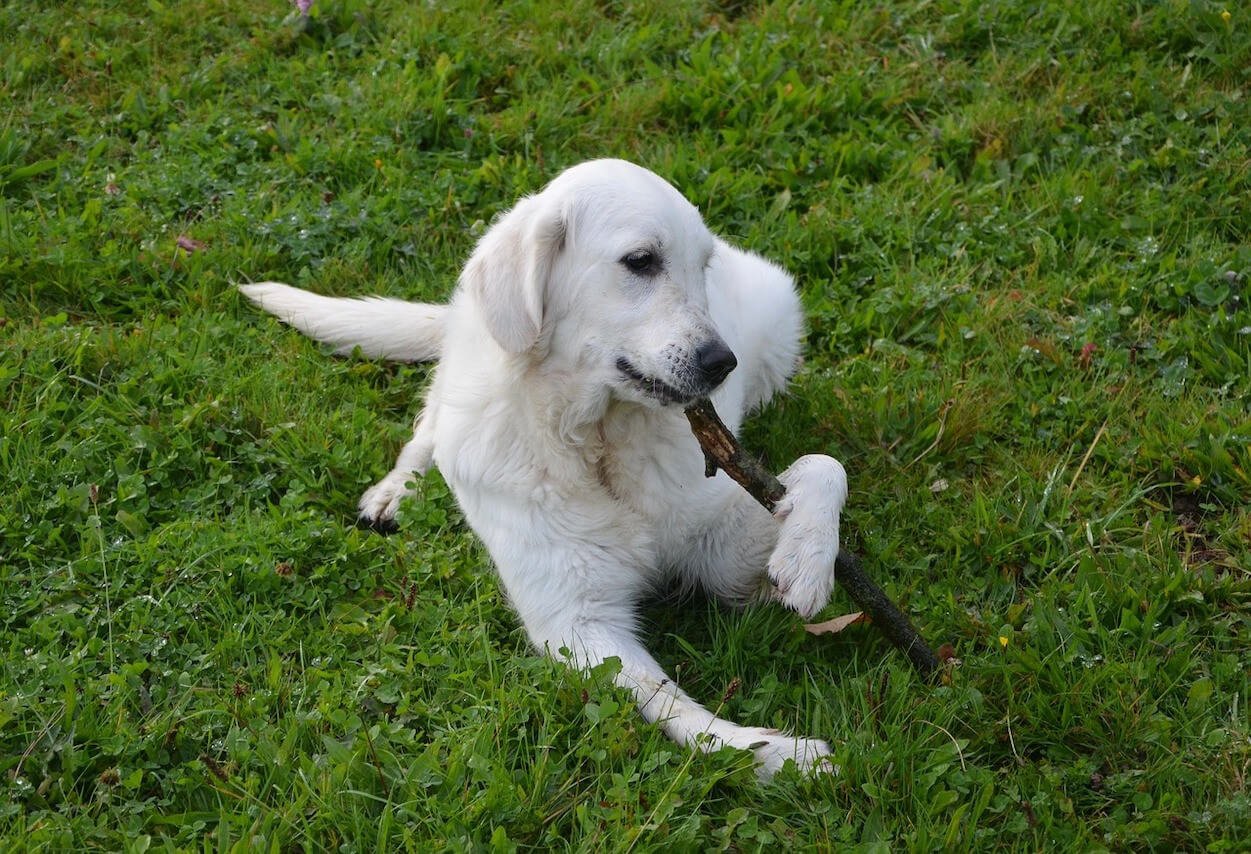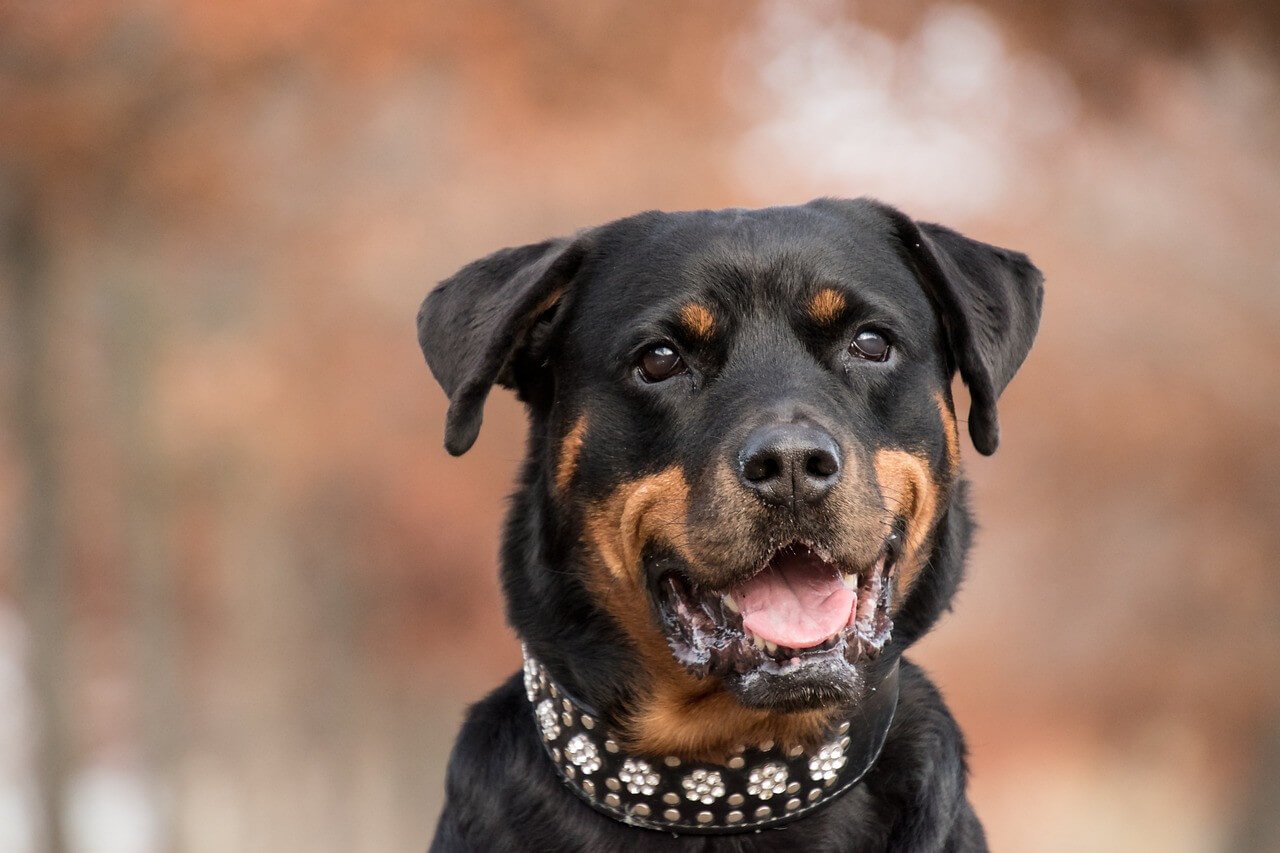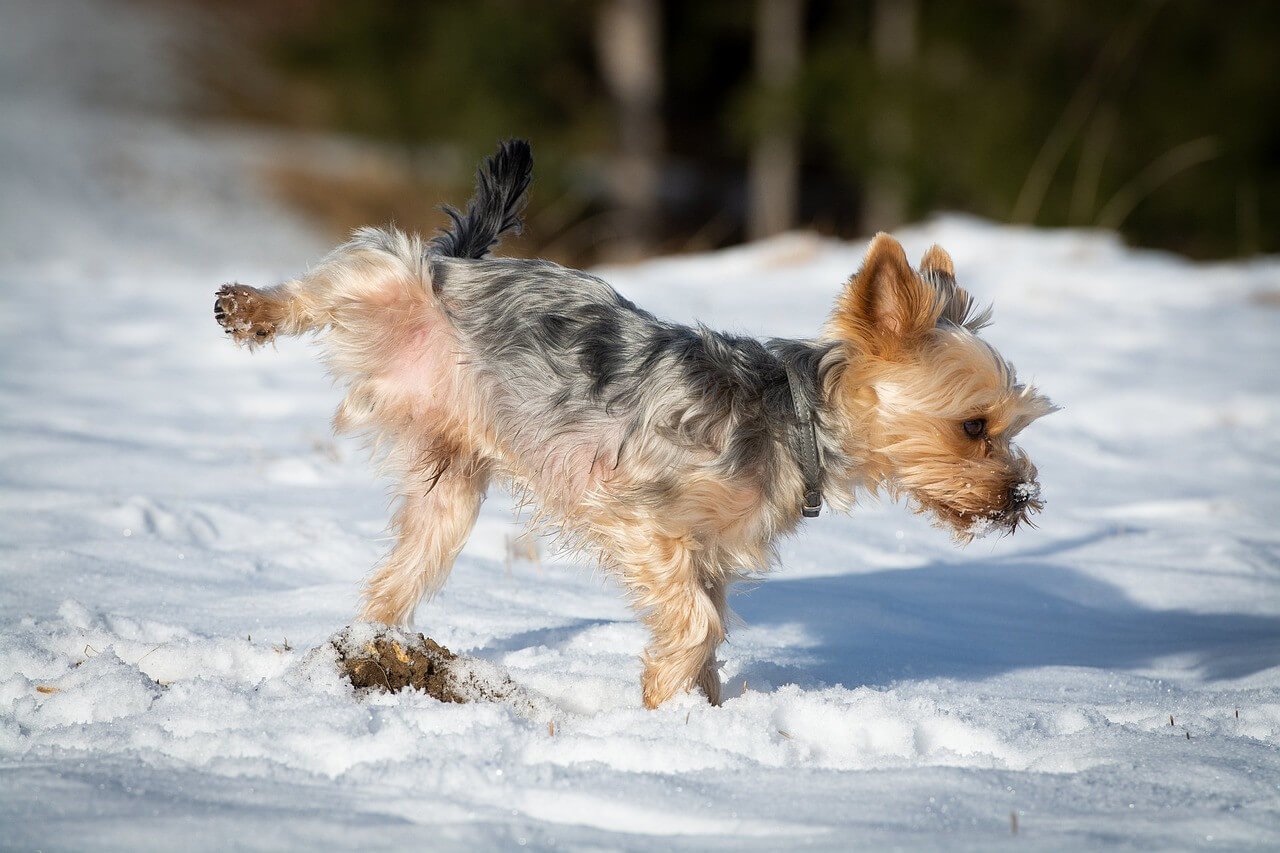The first snowfall of the winter has a magic that turns the surroundings into a sparkling paradise, and its allure enchants not just people. When a dog experiences snow for the first time, it may be quite joyful and exciting to see. Many dogs have an instinctive love of snow, whether they play vigorously in the snow or calmly leap into a pile.
But what is it about the fluffy white flakes that entices our canine companions? What brings them closer to their instinctual selves—the crunch under their paws, the chill on their snouts, or something deeper? We'll go into the core of this interesting phenomenon in this blog article, examining the sensory pleasures and behavioral cues that make snow a dog favorite.
Dogs and Their Senses
Dogs perceive the world in a way immersing themselves in a symphony of smells, textures and sounds. Unlike us humans they find delight in the snowfall as it uncovers a whole new realm of adventures just waiting to be discovered.
The texture, temperature, scent exploration and sound contribute to the experience of snow. Dogs can detect hidden scents in the snow, which creates an interesting smell experience. The sound of snow adds excitement and a sense of calmness. Additionally curiosity and taste enhance their understanding of the surroundings. The texture and warmth of snow provide a contrast, to the usual ground making dogs feel reinvigorated and full of energy.

The Adventure of Snow
Nothing quite matches the sight of a dog encountering a snowy environment for the first time. They are positively infectious in their pure joy as they explore this bizarre white wonderland. But why does the snow inspire such a spirit of exploration? Let's set out on this adventure to learn more.
A dog's surroundings become a fascinating new world on a snowy day, sparking curiosity and exploration. Soft texture, a crunching sound, and the gentle landing of snowflakes are all unusual sensory sensations.
Dogs can play for hours on end in snowy antics, while fetch and other classic activities are transformed into thrilling challenges.
Snow alters smells, giving dogs a unique olfactory map to explore and transforming walks into treasure hunts as they search for hidden scents.
Dogs are drawn to winter wildlife interactions because the new neighbors and intriguing animal trails pique their curiosity and inquisitiveness.
The Physical Benefits of Snow Play
Many of us have enjoyed watching the following scene: a dog leaping through a snowy field with unbridled glee, paws skimming the cold ground, and tail bouncing in excitement. While it's beautiful to watch, our canine buddies need this snowy romp to exercise. Examining the physical advantages of playing in the snow and why it's more than simply a fun game will be discussed.
Dogs can burn off excess energy and gain strength naturally by playing in the snow, which is a dynamic and challenging sport ideal for breeds with high levels of energy.
Due to its uneven surface and physical demands, snow offers low impact for dogs with joint difficulties, boosting agility and balance.
Snow play is good for dogs' winter weight management and fitness since it keeps them active and at a healthy weight while also providing fun exercise routines.
Playing in the snow helps dogs' moods and promotes contentment while enhancing their mental health and happiness by enhancing focus, decision-making, and involvement.
The Primal Instincts
We may be witnessing more than just entertaining antics as we watch our animal pals travel a snow-covered environment. Snow arouses deeper emotions in many dogs, connecting them to ancestral instincts. Let's look at how snow triggers these primal responses.
Dogs in the snow may display hunting-like behaviors such as following invisible prey and pouncing on hidden items, similar to wild hunting methods. Because it resembles smaller prey pursuits, snowflake chasing reflects predatory tendencies.
Dogs enjoy building snow tunnels and burrows, which they probably do to provide refuge or food for their ancestors. Scavenging inclinations in dogs are stimulated by hiding treats in snow.
In cold temperatures, dogs mark territory, bonding with their wild forefathers through natural behavior and vocalizations like howling that are reminiscent of their forefathers' wild cries.

The Social Aspect
A dog's love of company is the only thing that can rival their love of snow. These two when combined offer a strong blend of enjoyable play and social interaction. Let's look at how snow play strengthens social ties between people and their families or their canine friends.
Through collaborative play, teamwork, and trust-building exercises like creating snowdogs and obstacle courses, snow games promote human bonding. Mutual trust is strengthened and deepened through these cooperative efforts.
Through cooperative activities and exploration, snow playdates strengthen canine friendships and provide a sense of community and belonging. They also improve dogs' socialization, communication, and confidence.
Dogs enjoy and learn from snow play as they watch and mimic both canine and human actions. Positive experiences, like recall commands, reinforce desirable behavior.
Conclusion
When we venture into the terrain with our four legged companions it prompts us to see the world through their eyes and rediscover that childlike wonder that resides within all of us.
So, the next time the snow falls, grab your coat, call your furry friend, and head outside. Let the snowflakes catch in your lashes as you laugh, play, and celebrate the simple, profound connection that makes life with dogs so incredibly special.
Reference: https://wisconsinpetcare.com/dogs-love-snow/





